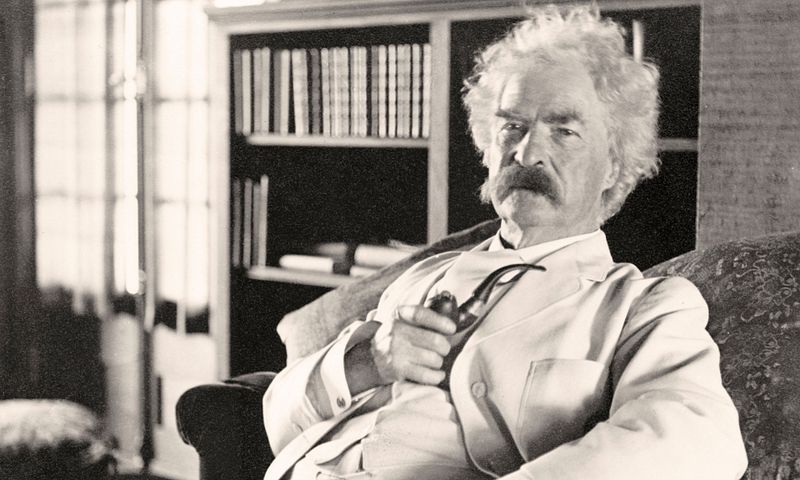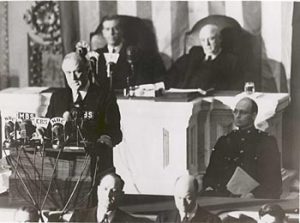Using Language to Frame the Message


On December 7, 1941, President Franklin D. Roosevelt addressed a joint session of Congress following the Japanese attack on Pearl Harbor. The first sentence he uttered would later become one of the most well-known phrases from just about any speech within the 20th century. As with any president, FDR had a staff of advisors and speechwriters, and one of his assistants began the speech as follows:
December 7, 1941: A date which will live in world history.
Just before he addressed Congress, FDR crossed out the words “world history” and scribbled the word, “infamy,” which led to him starting his famous speech with:
December 7, 1941: A date which will live in infamy.
Today, this phrase has become one of the most famous in American history. Would the speech have had the same impact if Roosevelt had used the original line? History will never know for certain, but one thing is clear: Roosevelt’s last-minute edit demonstrated his understanding of the concept inherent within the Mark Twain quote above. “World history” technically communicated the same idea, but the substituted word “infamy” added color and emotion to the phrase at a time when the president needed it most. FDR’s intended to request a declaration of war on Japan from Congress, effectively launching the U.S. into World War II, and he understood that his words would indelibly have an outcome on that decision.

As speakers consider their audiences for any given presentation, they must also consider how their language will impact the perceptions of their messages. Remember, effective communication does not take place if the audience does not understand the message as intended. When speaking at a pep rally or a motivational speaking event, the language selected should move and uplift an audience, while the delivery of a the eulogy at a funeral should sound respectful, yet somber. Speakers must choose the right words, for the right audiences, based on the needs of the situation.

